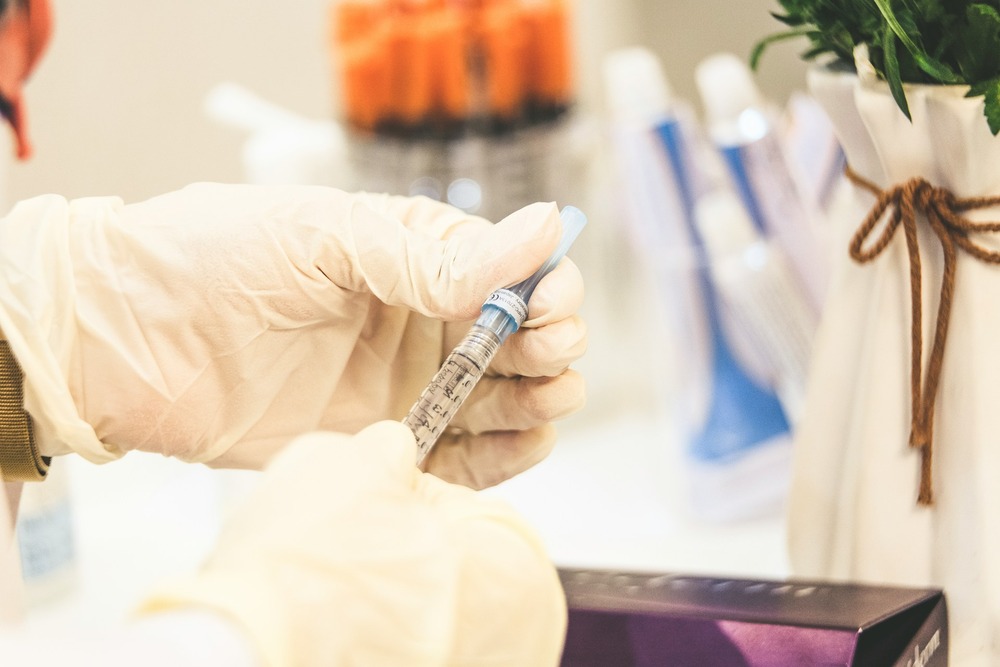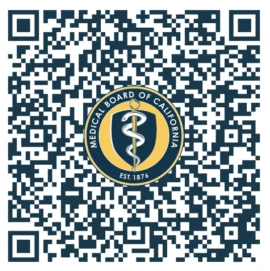Syringes have always been identified as one of the entry routes for infectious diseases to spread from person-to-person. An investigated outbreak of hepatitis infections among patients who underwent endoscopy procedures revealed that the virus were transmitted through intravenous anesthesia.
A recent study, published in the journal Gastroenterology, reported six cases of outbreak-associated hepatitis C (HCV) infection and six more cases of outbreak-associated hepatitis B (HBV) infection in one gastroenterology clinic. All of these cases were administered by the same anesthesiologist. A second clinic served by this anesthesiologist also recorded one outbreak-associated hepatitis C viral infection.
The doctors investigating the outbreak found that anesthesia contamination — not endoscopy contamination — was the cause of infection. They traced the transmission to the administration of propofol of which a single-use vial was used for multiple patients. The investigators said that reusing syringes to redose patients, with resulting contamination of medication vials used for subsequent patients, likely resulted in viral transmission.
The American Gastroenterological Association (AGA) Institute commented that these findings are consistent with related investigations in health-care settings: contamination of anesthesia or other IV medications was far more likely to be responsible for transmission of HBV or HCV than the equipment used in the patients’ medical procedures. It added that the study results increase concerns regarding infection control practices and use of shared medication vials for anesthesia administration, especially in outpatient settings where infection control oversight is limited and procedures such as endoscopies are increasingly performed.
The study authors urged gastroenterologists to review carefully the injection, medication handling, and other infection control practices of all staff under their supervision, including providers of anesthesia services.



